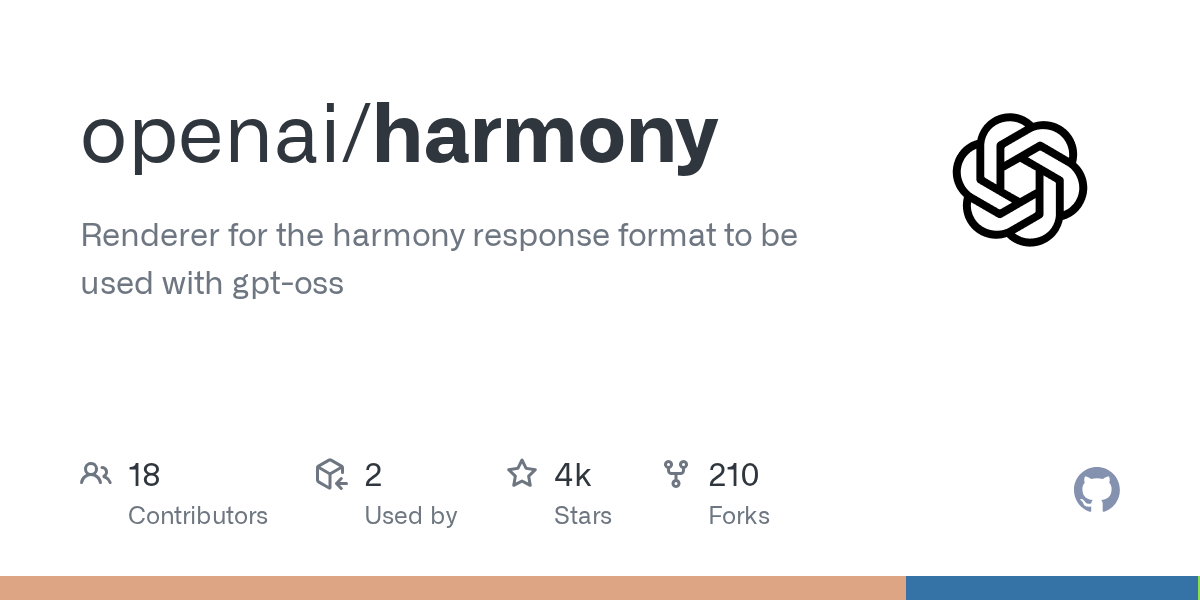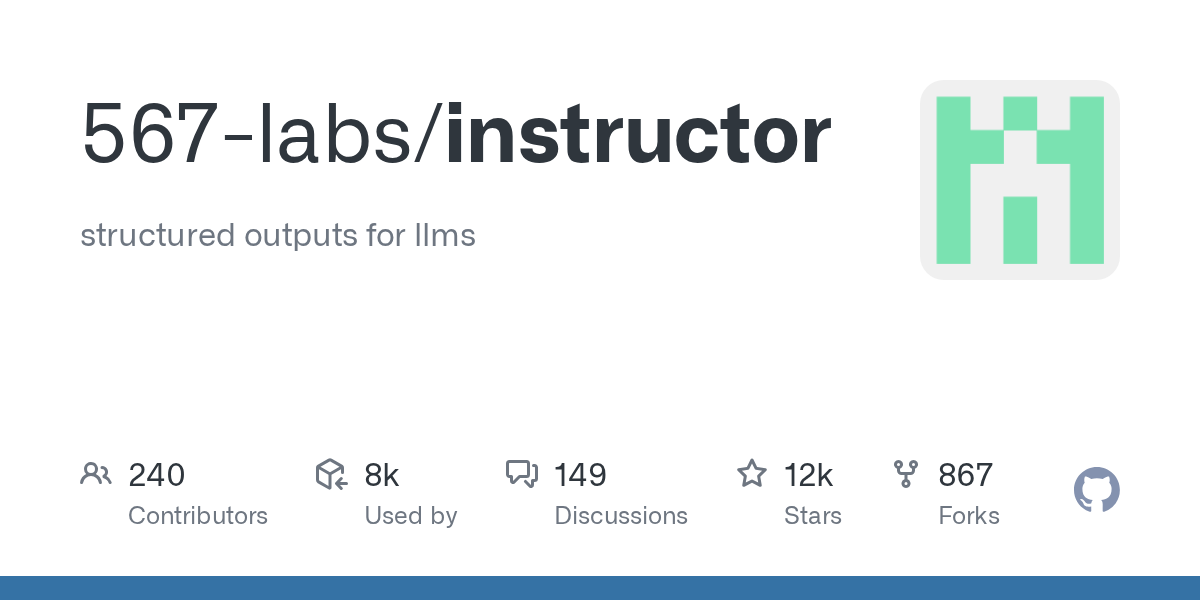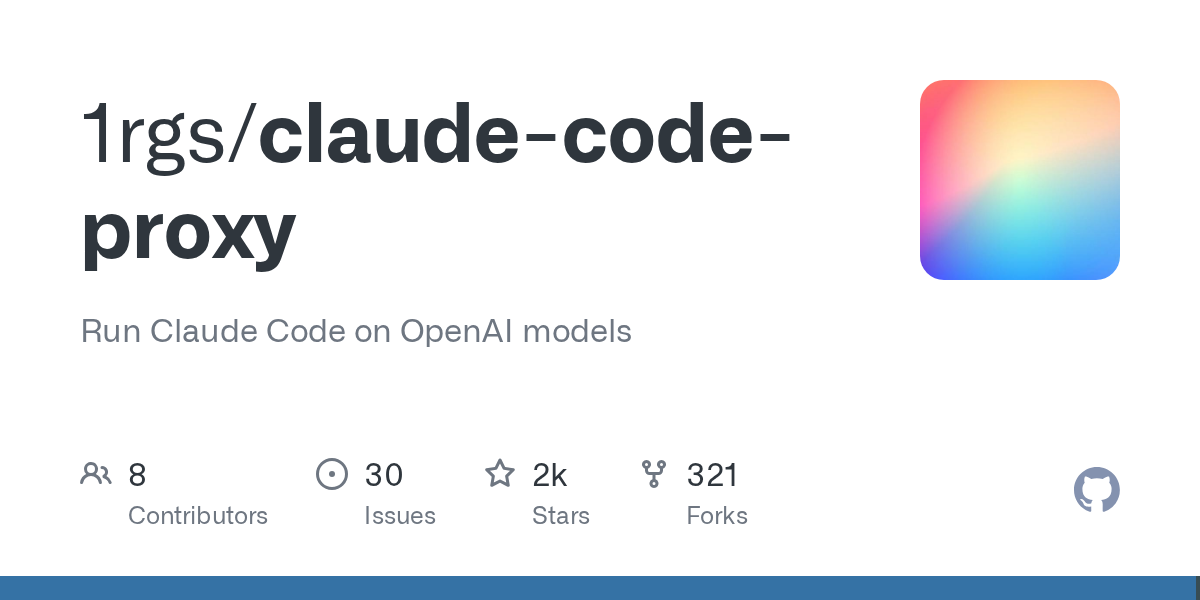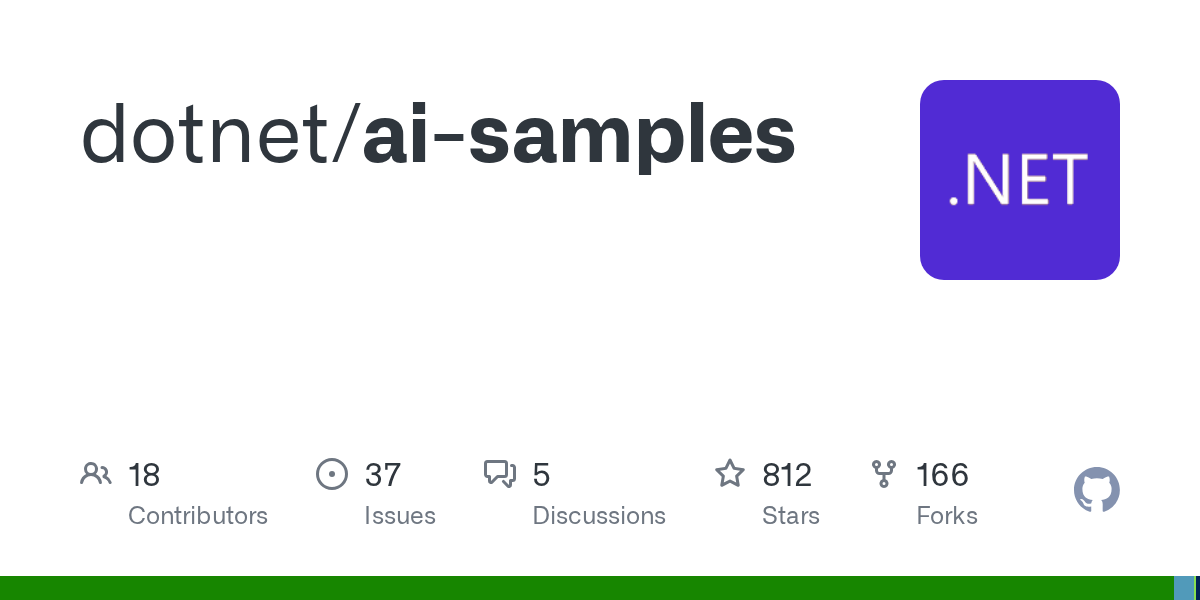Repository History
Explore all analyzed open source repositories

Harmony: OpenAI's Renderer for GPT-OSS Response Format
Harmony is OpenAI's dedicated renderer for its `harmony` response format, specifically designed for use with `gpt-oss` open-weight models. This library provides a robust solution for defining conversation structures, generating reasoning output, and structuring function calls, ensuring consistent and efficient token-sequence handling for both rendering and parsing. It offers first-class support for both Python and Rust development.
gpt-engineer: AI-Powered CLI for Code Generation and Experimentation
gpt-engineer is a powerful CLI platform designed for experimenting with AI-driven code generation. It enables users to specify software requirements in natural language, then observes as an AI writes, executes, and refines the code. This tool serves as a precursor to lovable.dev, offering robust capabilities for both new project creation and existing code improvement.

Instructor: Structured Outputs for LLMs with Pydantic and Python
Instructor is a powerful Python library that simplifies extracting structured data from Large Language Models (LLMs). It integrates Pydantic for robust validation, type safety, and IDE support, eliminating the need for manual JSON parsing, error handling, and retries. This tool provides a streamlined and reliable way to get structured outputs from any LLM.

claude-code-proxy: Use Anthropic Clients with OpenAI and Gemini Models
`claude-code-proxy` is a powerful proxy server that allows developers to use Anthropic clients, such as Claude Code, with various backend models including OpenAI, Gemini, or even Anthropic's own models. It provides seamless translation of API requests and responses, offering flexibility and control over your AI model choices. This tool is ideal for integrating different LLM providers without modifying existing Anthropic client code.

AI Samples for .NET: Integrating AI into Your .NET Applications
The AI Samples for .NET repository provides a comprehensive collection of samples demonstrating how to integrate artificial intelligence into .NET applications. It features examples using Microsoft.Extensions.AI for unified API access to AI services and Microsoft.Extensions.AI.Evaluation for assessing LLM response quality. This resource is ideal for .NET developers looking to leverage AI, including large language models, in their projects.